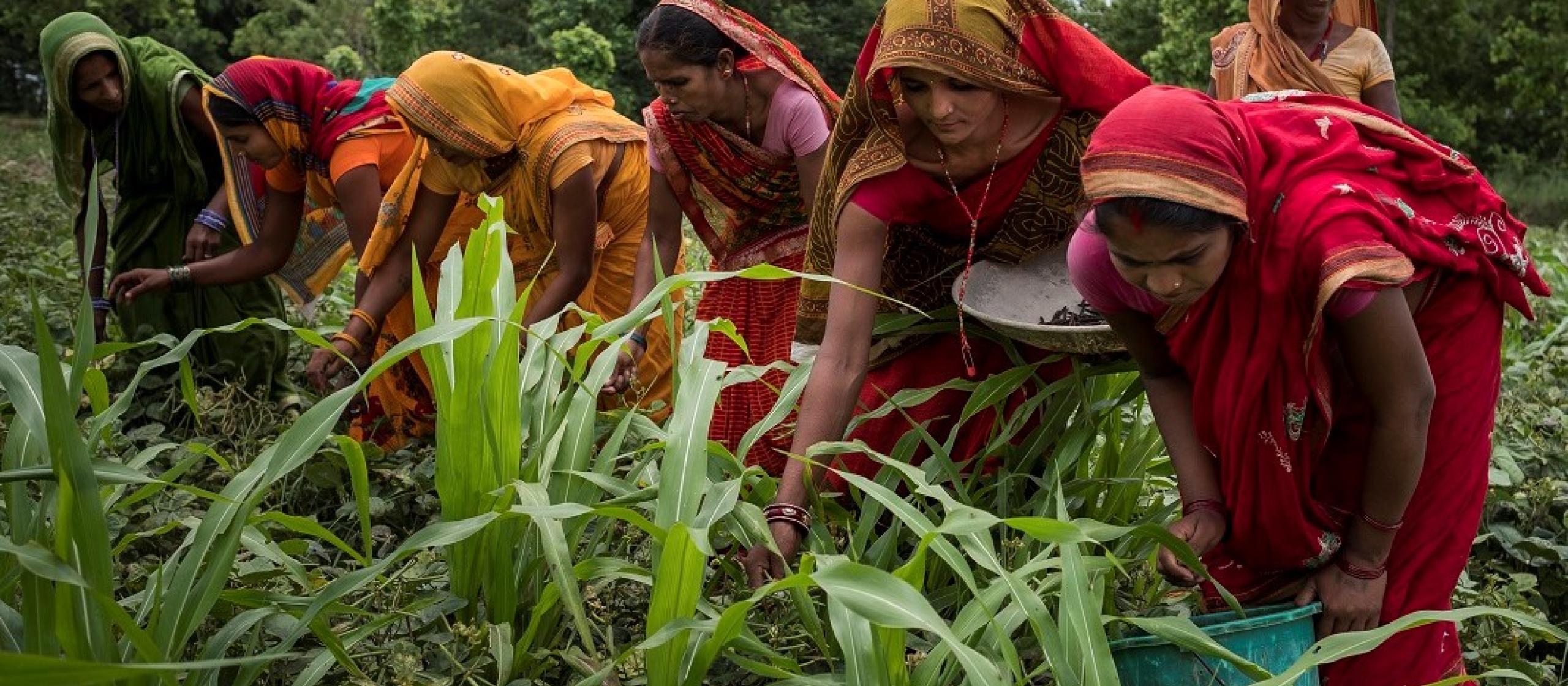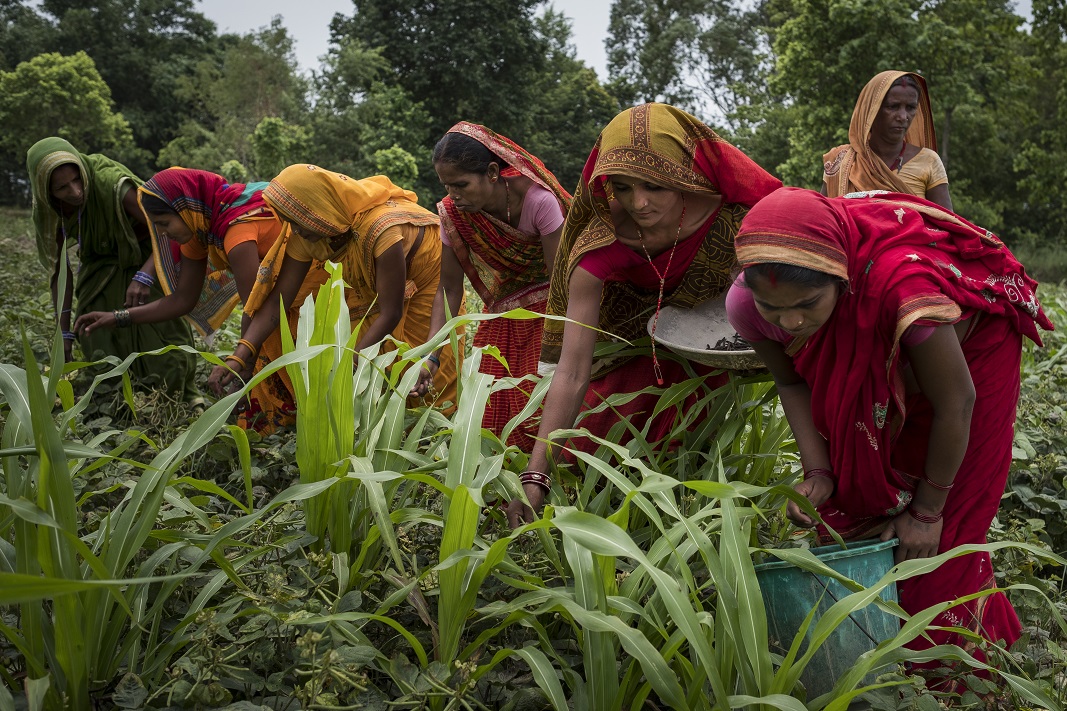- HomeHome
-
About ACIAR
- Our work
- Our people
-
Corporate information
- ACIAR Audit Committee
- Commission for International Agricultural Research
- Policy Advisory Council
- Agency reviews
- Executive remuneration disclosure
- Freedom of information (FOI)
- Gifts and benefits register
- Information publication scheme
- List of new agency files
- Contracts
- Legal services expenditure
- Privacy impact assessment register
- Commonwealth Child Safe Framework
- Benefits to Australia
- Careers
- 40 years of ACIAR
-
What we do
- Programs
- Cross-cutting areas
- Resources
- Where we work
-
Funding
- Research projects
- Fellowships
-
Scholarships
- John Allwright FellowshipScholarships to study in Australia for ACIAR partner country scientists to have Australian postgraduate qualifications
- ACIAR Pacific Agriculture Scholarships and Support and Climate Resilience Program
- Alumni Research Support Facility
- Publications
- News and Outreach
Date released
25 March 2019
ACIAR’s country offices are an important link with in-country partner agencies and played an important role in the development of the ACIAR gender strategy.
ACIAR has ten country offices: China, India, Indonesia, Fiji, Kenya, Pakistan, Papua New Guinea, the Philippines, Lao PDR and Vietnam. Four offices—India, Fiji, Kenya and Lao PDR—also have broader regional responsibilities.
Not only did the country offices contribute to the development of the ACIAR gender equity strategy, they also play an important role in implementing it. They are an important link between ACIAR and in-country partner agencies, and between Australian and partner scientists. They also serve as an important knowledge base. They provide country-specific understandings of partners, relationships, the people and that country’s culture—all aspects which need to be considered in gender mainstreaming.
Women lead seven of the 10 country and regional offices, with Partners asking the country offices about the work they are doing to implement the ACIAR gender equity strategy, and the opportunities and challenges this entails.
The offices report that they are actively implementing the strategy. They share it as widely as possible with partners and stakeholders, and have briefed the relevant heads and deputy heads of mission regarding the strategy. They also encourage partners to apply gender-equity principles when designing and implementing projects, as well as striving for gender balance on project teams and steering committees.
Especially in countries where women participate less in research, the offices provide support to help identify women researchers who can potentially become involved in projects and fellowship programs, and would benefit from the valuable experience gained through participating in international workshops and seminars.
Individual offices have also undertaken special programs to foster uptake of the strategy. The Vietnam office has undertaken a number of initiatives. They have funded research into integrating gender and social inclusion into agricultural value-chain research, working with ten Vietnam agribusiness projects. They also held a Hanoi-based training workshop on themes arising from the projects, which was attended by ACIAR staff from east Asia, the Philippines and Vietnam, and contributed to the broader Embassy gender equity strategy development and implementation.
In the Philippines, the ACIAR gender equity strategy is in line with existing policies and legislation, including the 2009 Magna Carta of Women, which requires all government agencies to include gender and development programs and activities in their annual plans and budgets. ACIAR projects have an opportunity both to support and capitalise on this initiative. The Philippines has a special focus on sharing case studies and research activities that have successfully integrated gender to its project partners and the ACIAR alumni. In Pakistan, as covered in Partners last year, the office developed and launched a gender inclusive strategy for its whole program in 2018 with the support of the Department of Foreign Affairs and Trade.
The country offices say the strategy creates both opportunities and challenges. The project inception workshops, mid-term and final review meetings and annual meetings provide country office staff with the opportunity to advocate for and comment on integrating gender into project design and implementation.
They are a good opportunity to share the ACIAR gender perspective and identify women researchers for potential John Allwright or John Dillon Fellowships. Four Indonesian female John Dillon Fellows have successfully gained senior positions: Dr Wahida Maghraby, agricultural attaché at the Indonesian Embassy in Belgium; Dr Idha Widi Arsanti, director of education, Directorate General of Human Resources Development, Ministry of Agriculture; Dr Atien Priyanti, director, Indonesian Centre for Animal Research and Development, IAARD, Ministry of Agriculture; and Seta Agustina, Assistant Deputy Director for Cooperation, Indonesian Centre for Horticulture Research and Development, IAARD, Ministry of Agriculture.
Challenges can arise because project leaders vary in their support for integrating gender into project activities, and whether or not they provide the necessary resources. Achieving gender balance on project or review teams, or on steering committees, can be problematic because of a limited number of either men or women researchers. In some countries, for example, there may be more women in research positions because the men take up other positions that offer higher salaries.
The country office network says it continues to advocate for gender diversity in the planning, implementation and monitoring of project activities, but cautions that ‘we should still be mindful of the country context when applying gender targets. Consideration should also be given to the sex ratio of the country’s population, wage/employment opportunities and barriers, culture and gender role expectations, and the do-no-harm principle.’




